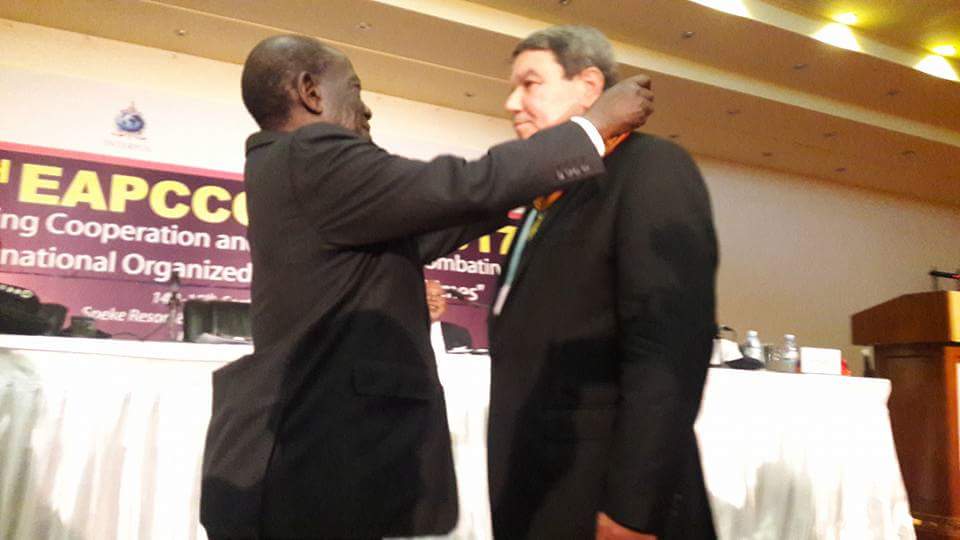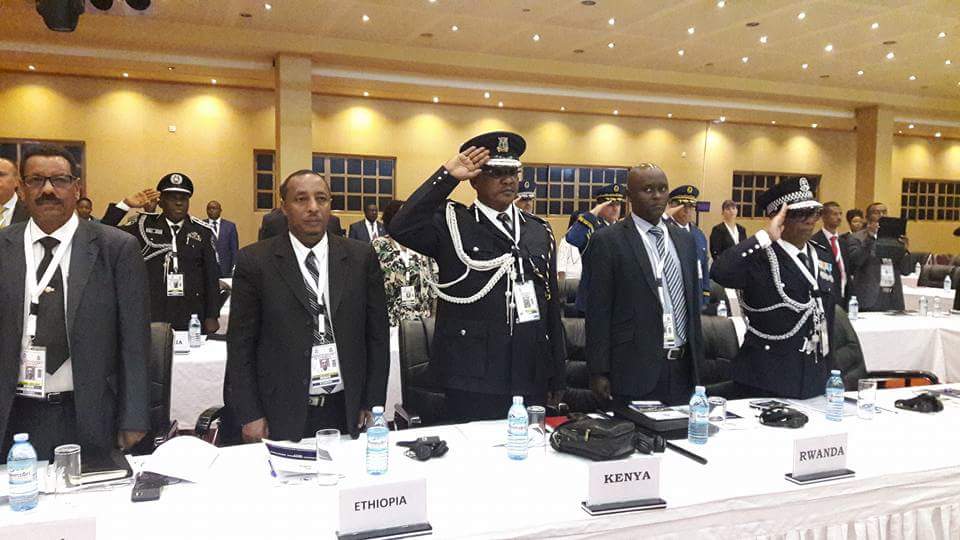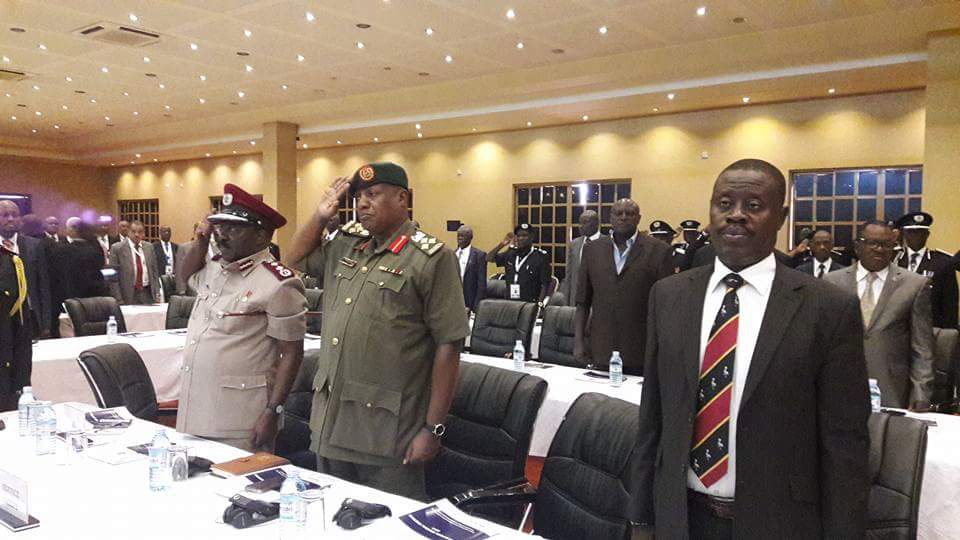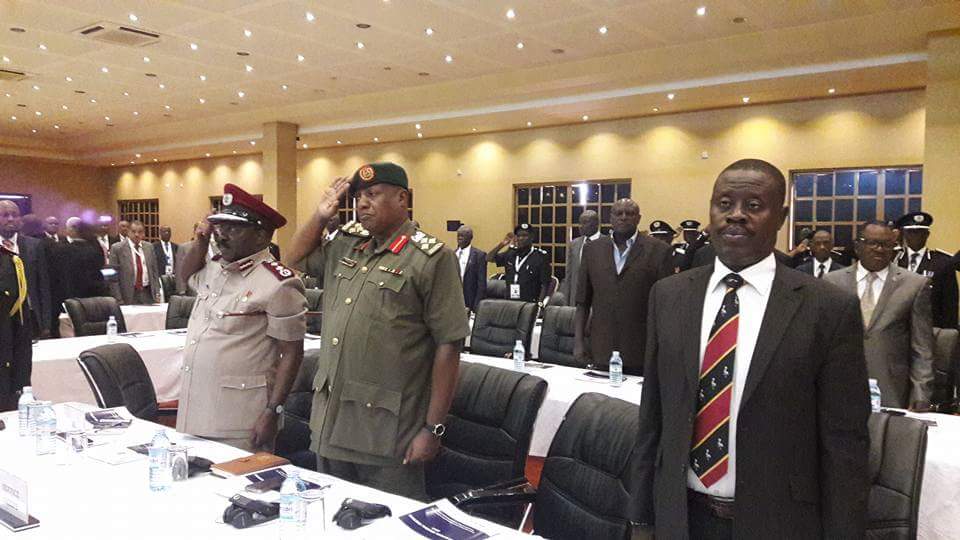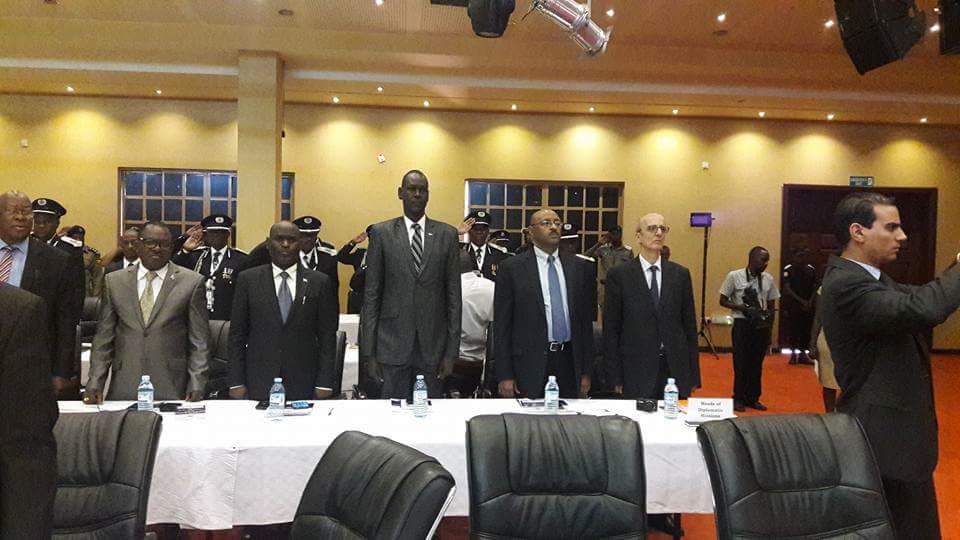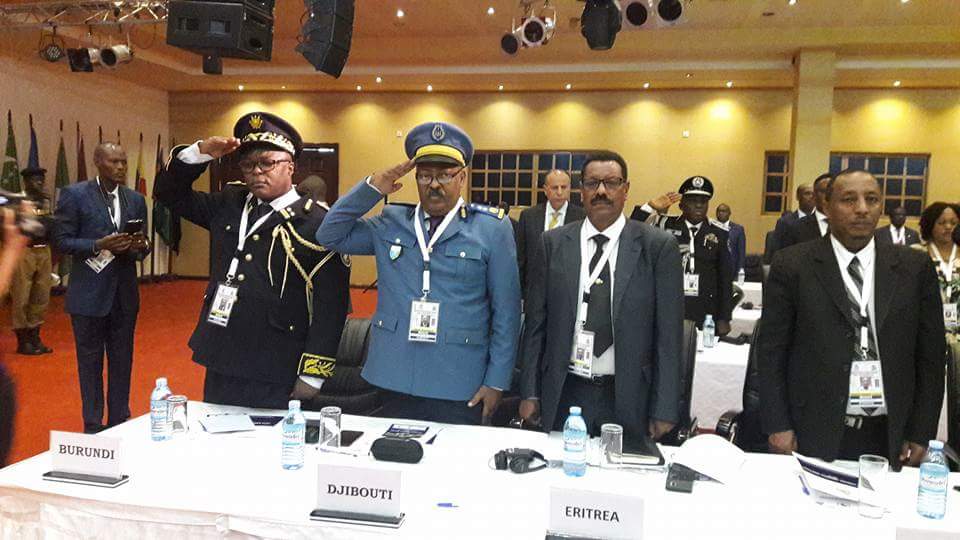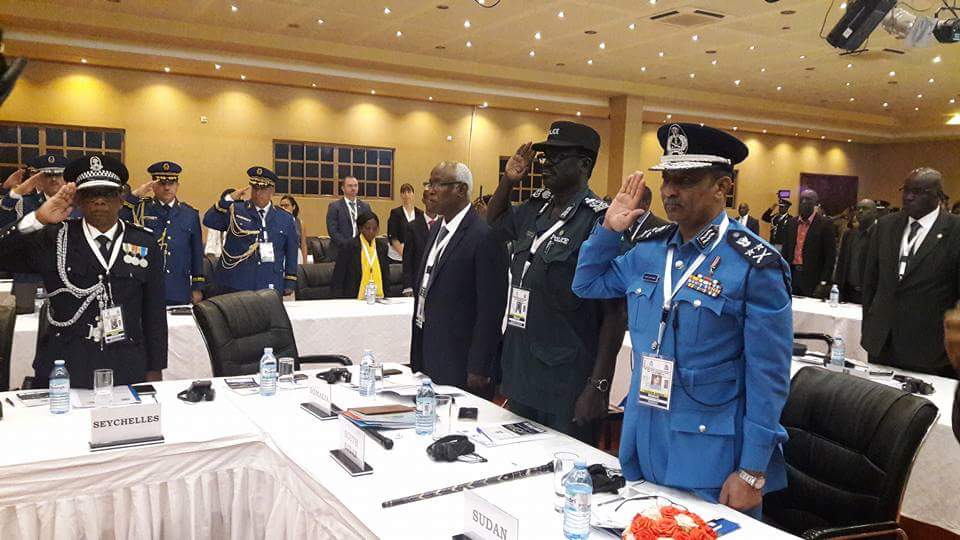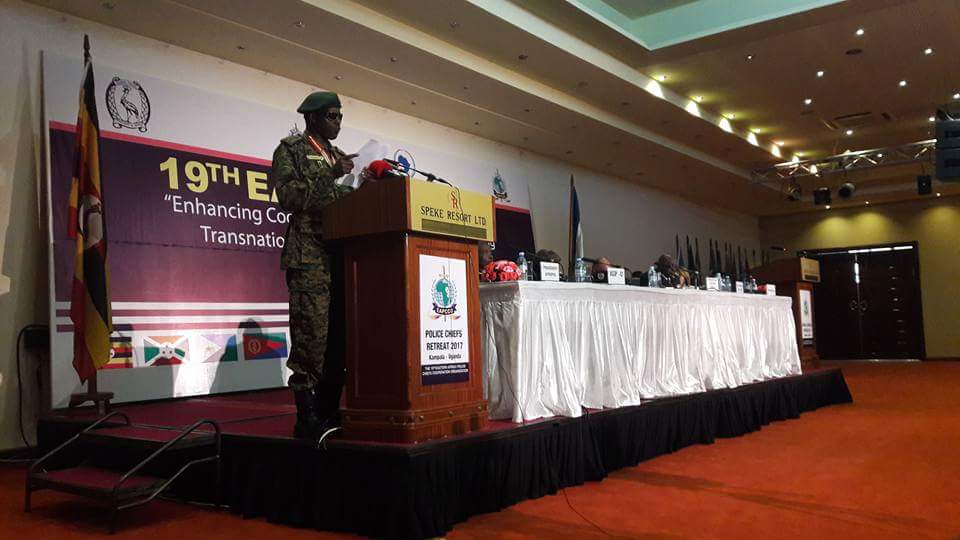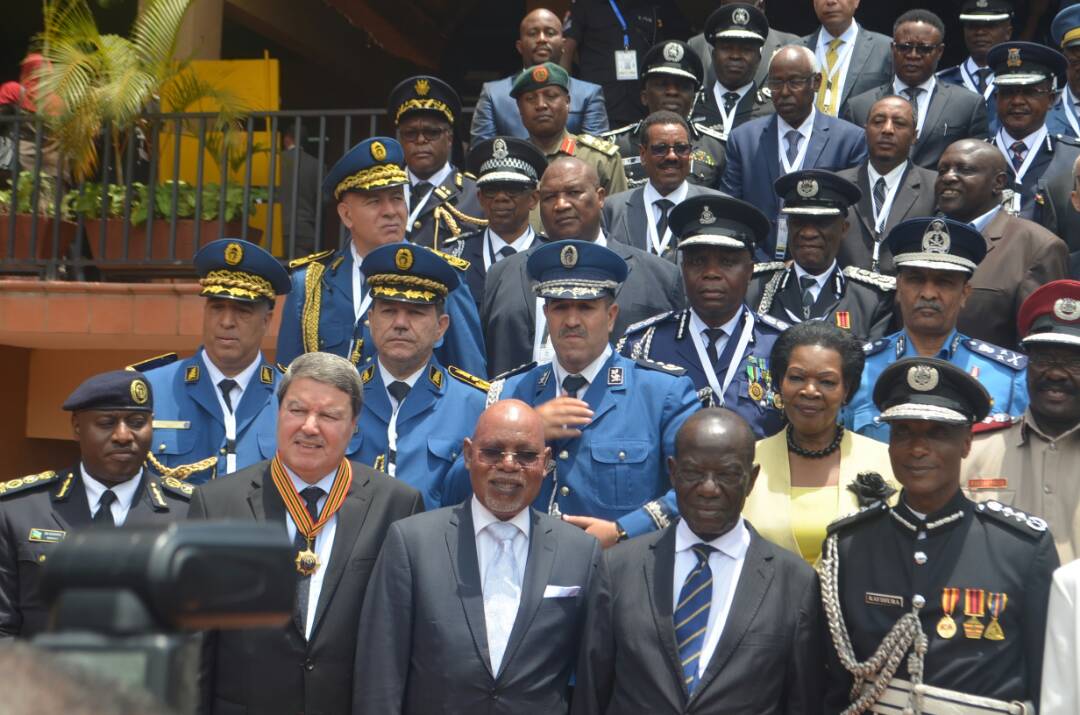President Yoweri Museveni has welcomed the decision by the Democratic Republic of Congo to join the Eastern Africa Police Chiefs Cooperation Organization (EAPCCO) and lauded the formation of the African policing mechanism.
Museveni who officially opened the 19th Eastern Africa Police Chiefs’ Annual General Meeting at Speke Resort Munyonyo on Wednesday said that the cooperation among African countries speaks to the ability to deal with the ever-increasing complexity and sophistication of crime is getting stronger.
“I am particularly impressed by two developments in your cooperation: the entry of the Democratic Republic of Congo into EAPCCO and the creation of a continent-wide policing cooperation mechanism, the AFRIPOL,” Museveni said in a statement read by Vice President Edward Kiwanuka Sekandi.
Museveni called upon the police chiefs to use the police and security arrangements to create an environment or conditions that will ensure that the agenda of radical transformation in the state of life of African people is achieved.
He applauded the police chiefs for their continued efforts to work together in combating crime and security threats in the region and Africa as a whole.
The meeting which began on Monday has brought together dignitaries including among others Police chiefs from 13 member countries, heads of missions, a delegation from the African Police (AFRIPOL) and a delegation from Interpol.
The three day event is organised under the theme; “The Role and Tasks of Security Forces in Socio-Economic Transformation of Africa: From Peasant to Modern Societies”.
Museveni highlighted a number of bottlenecks that must be addressed if the desired transformation is to be achieved which include; Ideological disorientation, weak states (especially the army and police) and interference with the private sector.
Other bottlenecks President Museveni cited include; under developed infrastructure, fragmented markets, market access and expansion, lack of industrialization and low value addition, under developed human resource, under development of services sector, attack on democracy and governance and non-responsive civil service.
